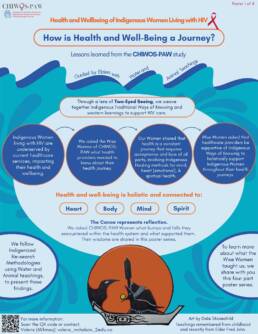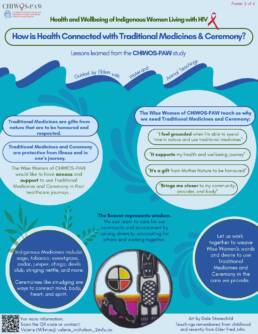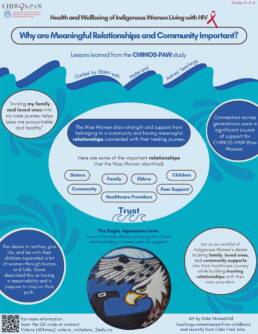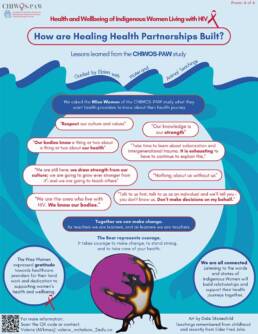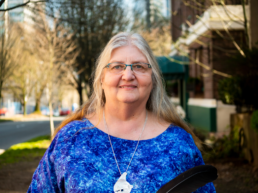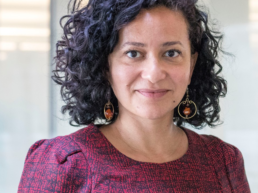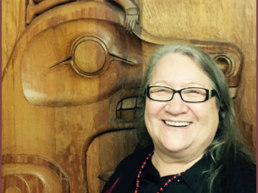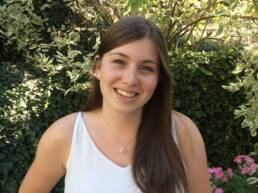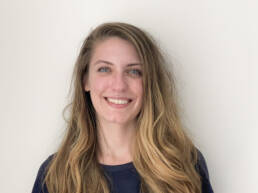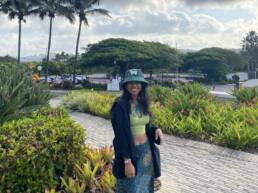CHIWOS-PAW Study
Health and Wellbeing ofIndigenous Women Living with HIV
Lessons Learned from the CHIWOS-PAW Study
Health and Wellbeing is a Journey
Wise Women shared that health is a constant journey that requires acceptance and love of all parts, involving Indigenous Healing methods for mind, body, heart (emotional), & spiritual health.
Health is Connected with Traditional Medicines and Ceremony
The Wise Women of CHIWOS-PAW would like to have access & support to use Traditional Medicines and Ceremony in their healthcare journeys.
Meaningful Relationships and Community
The Wise Women draw strength and support from belonging to a community and having meaningful relationships connected with their healing journey.
Our Healing Health Partnerships
We are all connected. Listening to the words and stories of Indigenous Women will build relationships and support their health journeys together.
CHIWOS-PAW Background
The Canadian HIV Women’s Sexual and Reproductive Health Cohort Study – Positive Aboriginal Women (CHIWOS-PAW) actively Indigenizes and honours re-search by, with, and for Indigenous communities. In this study, as Indigenous and non-Indigenous researchers, we weave our ways of knowing and doing together on the Ancestral, Traditional, and stolen lands of the xwmƏθkwƏýƏm (Musqueam), Skwxwú7mesh Úxwumixw (Squamish), sƏĺilwƏtaɁɬ tƏmƏxw (Tsleil-Waututh), S’ólh Téméxw (Stó:lō), and the Kwantlen Territories. We conceptualize ‘re-search’ as a cyclical journey that is not about ‘discovering’ new knowledge but designing a process to search for what is known, existing, and embodied by Mother Earth and our Ancestors. In this paper, we describe our process of using strengths-based approaches grounded in our connections with the Lands and Waters to explore how Indigenous Women living with HIV support their health and well-being by drawing upon Indigenous teachings and healing. Over the course of multiple gatherings conducted over 1 year with the same group of women, we utilized arts-based research methods, Indigenous teachings and ceremony, and Sharing Circles to collect and analyze women’s perspectives and experiences of their health and healthcare. The Wise Women were living in the Coast Salish Territories, yet came from different Communities, including Coast Salish, Cree, Blackfoot, and Navajo Nation. Our Indigenized re-search process was healing for the Wise Women who participated in the study and for us as the re-search team, which promoted re-connection to self, nature, and culture. We share insights on our learnings to support other community-based research teams to engage in re-search by, with, and for Indigenous Women that prioritizes safety, healing, and benefit for those who participate. Such insights include the importance of centering Indigenous Ways of Knowing, Ceremony, and Cultural Practices; changing re-search jargon to more inclusive and honouring language; and reaffirming commitment to Indigenous Communities.
Nicholson, V., Gormley, R., Cardinal, D., Nyman, S., & Kaida, A. (2022). The Changing Tide: Indigenizing Re-Search with Indigenous Women Living with HIV to Explore, Understand, and Support their Health and Well-Being. International Journal of Qualitative Methods, 21. https://doi.org/10.1177/16094069221121239
Study Team
Elder Valerie Nicholson
Co-Investigator, Principal Knowledge User, and Elder
Honouring her given names The One the Eagles watch over, NoDe WenDa {wolf eyes} and Auntie from the Torres Straight Islanders, Elder Valerie is Mi'kmaq, Haida, Roma and UK Islander descent. Elder Valerie is a Spirited Indigenous Warrior Woman who is an Indigenous Peer Navigator with the Positive Living Society of BC, and was a past Chair of the Board of the Canadian Aboriginal AIDS Network. She also works in community-based research, and mentors HIV+ youth as a trainer for the Positive Leadership Development Institute. As a co-investigator, Elder Valerie also ensures that the research is being done in a good way.
Dr. Angela Kaida
Principal Investigator (PI)
Dr. Angela Kaida is an associate professor and global health epidemiologist in the Faculty of Health Sciences at Simon Fraser University (SFU). She works closely with community leaders and decision-makers to integrate research evidence into health policy and programming, attending to social and gender equity. Her many research studies focus on access to HIV treatment and prevention services, and their impacts on sexual and reproductive intentions, behaviours, and outcomes of HIV-affected individuals.
Elder Sheila Nyman
Elder
Elder Sheila is a Syilx Metis woman from the Lower Similkameen in the Okanagan Valley, who began her work with women living with HIV/AIDS at Oak Tree Clinic as the former Executive Director of New Dawn, New Day and New Way Recovery homes during the mid-90s. She continues to use her skills as an Elder with traditional healing training and also as a Master level Clinical Social Worker, providing support to women living with HIV. She integrates western and Indigenous models of healing strategies and the wisdom she has learned over the many years of working with women, Indigenous people and AIDS research projects.
Amber Campbell
Former Research Coordinator
Amber is a former BCC3 research coordinator. Amber played a pivotal role in launching and overseeing the study's success. She was instrumental in leading the Community Research Associate trainings, organizing recruitment drives, ethics submissions, and overall management of the study's day to day operations.
Rebecca (Becky) Gormley
Research Coordinator
Becky was a research coordinator for the BCC3 study, as well as the provincial research coordinator for 2 national studies (CHIWOS and WATCH). Becky helped develop the training materials and delivering training for the Peer Research Associates on the BCC3 study.
Funding Organizations
Canadian Institute of Health Research (CIHR) MOP-111041
Canadian Aboriginal AIDS Network AHA Centre
Simon Fraser University’s Community Engaged Research Initiative (CERi)
BC Support Unit’s Fraser Centre Directed Award in Indigenous Knowledge Translation
Canadian Institute for Health Research Strategy for Patient-Oriented Research (CIHR-SPOR)

